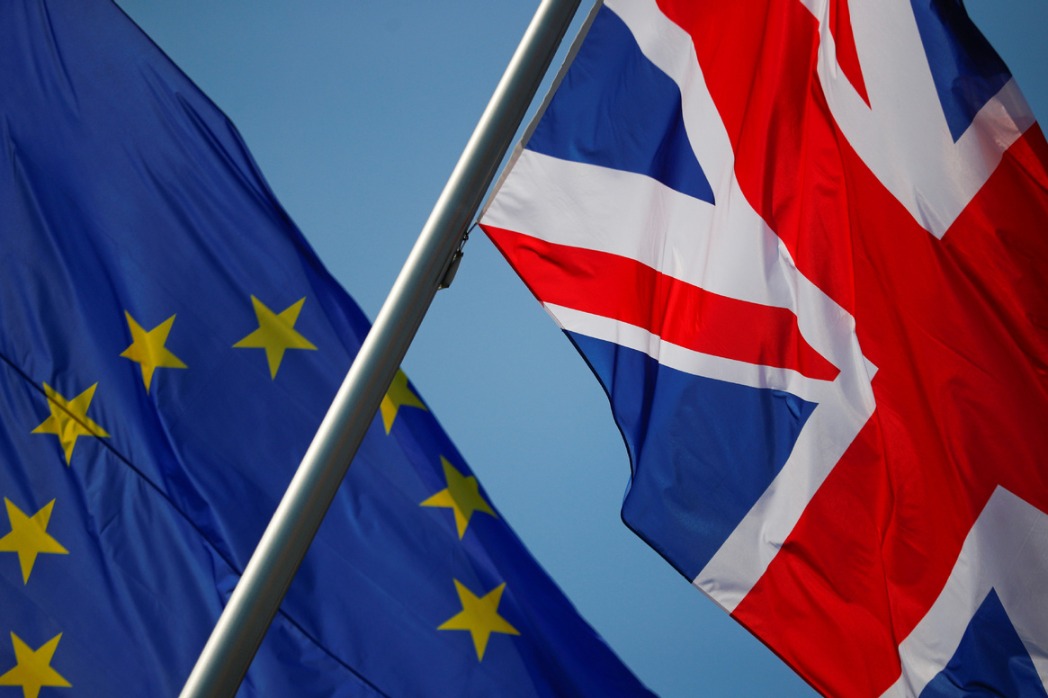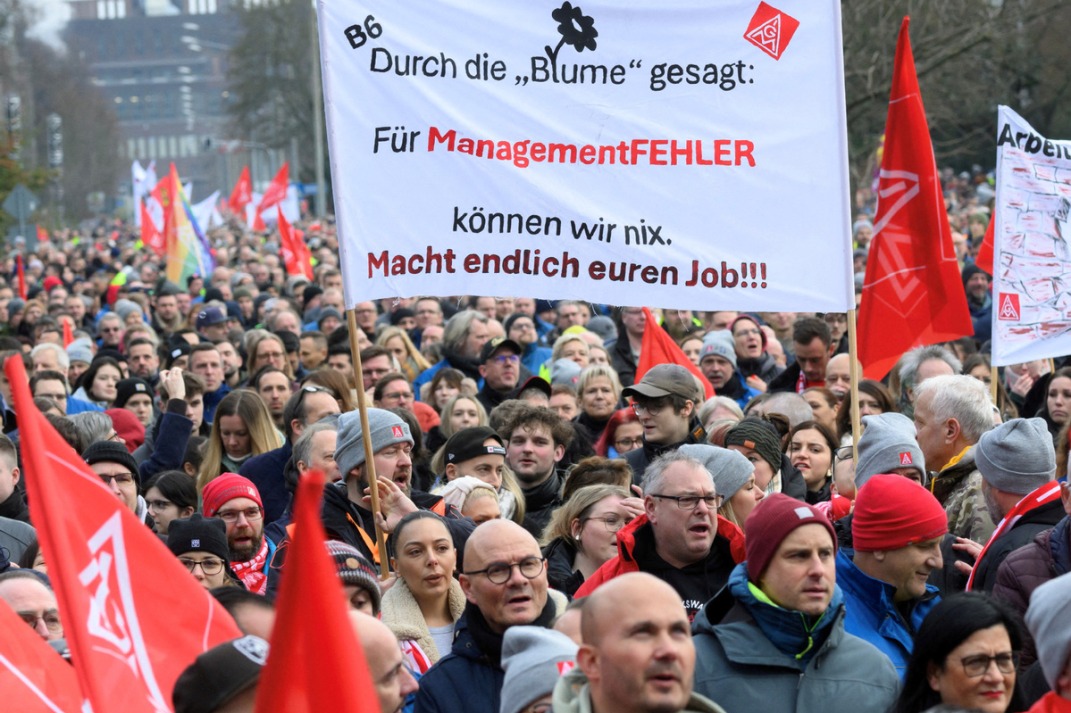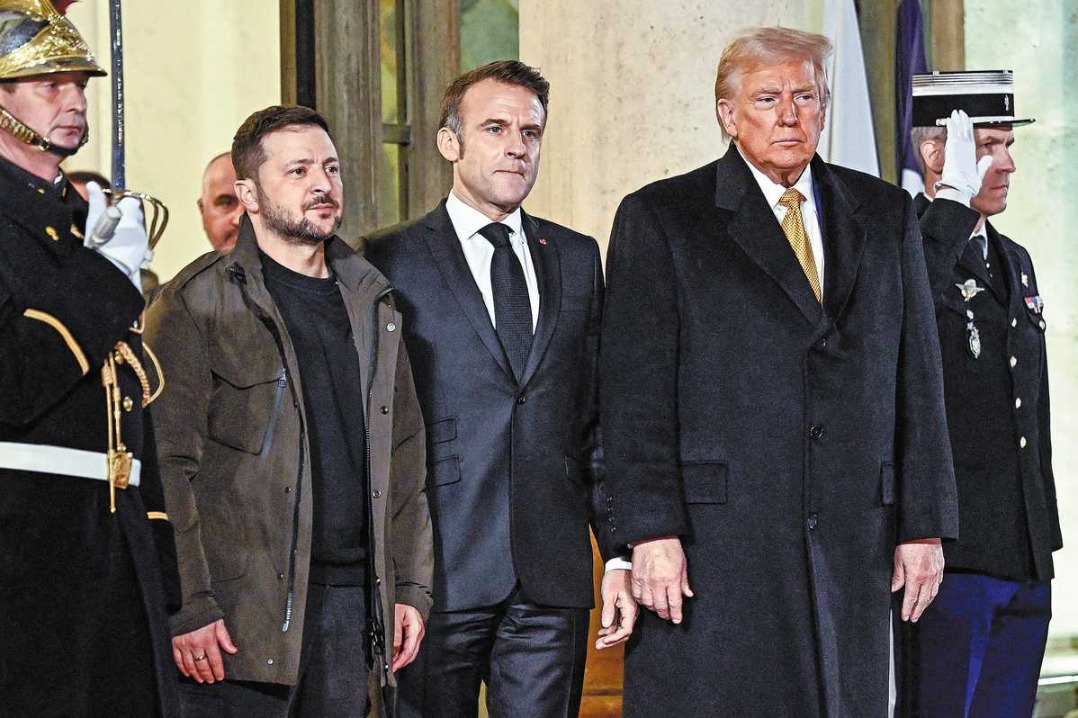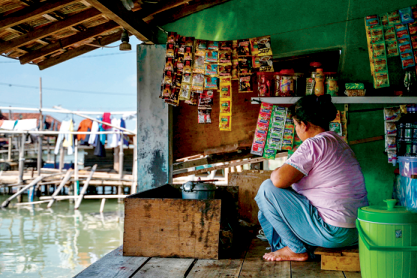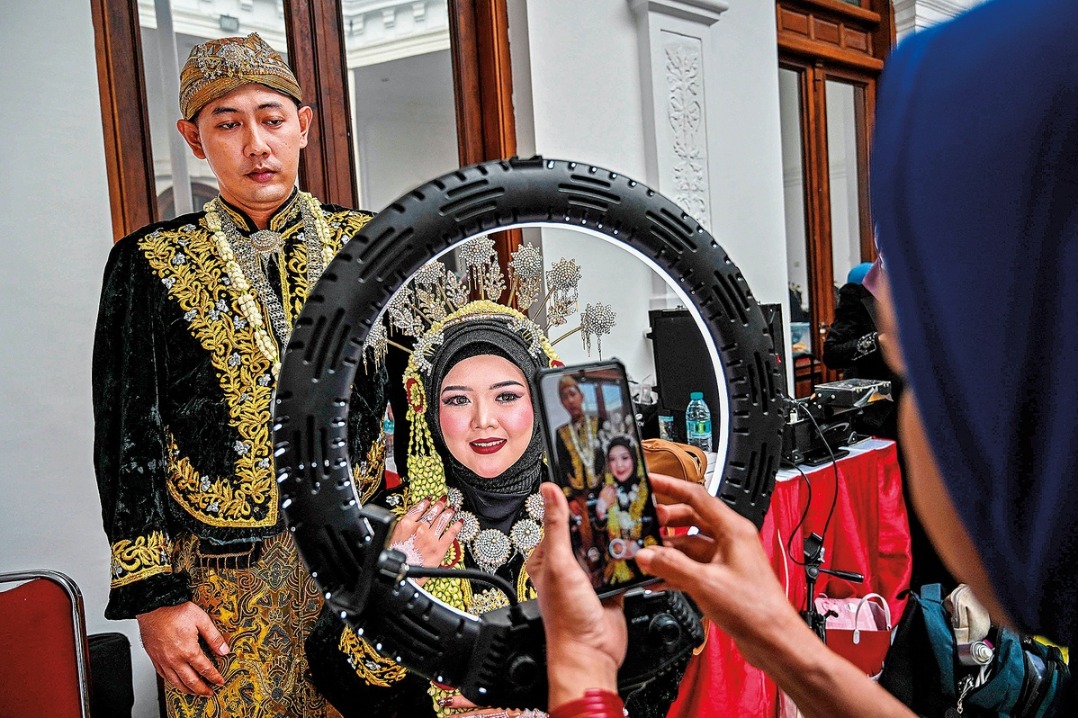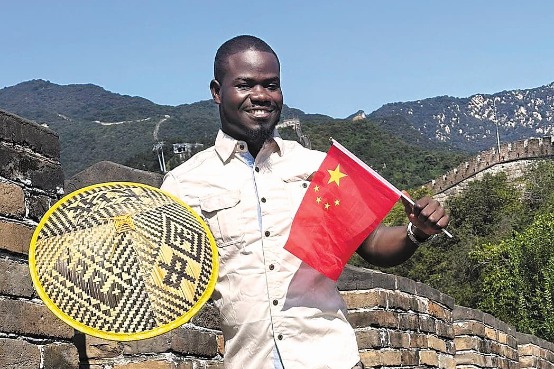Xi, Modi informal summit to boost mutual cooperation

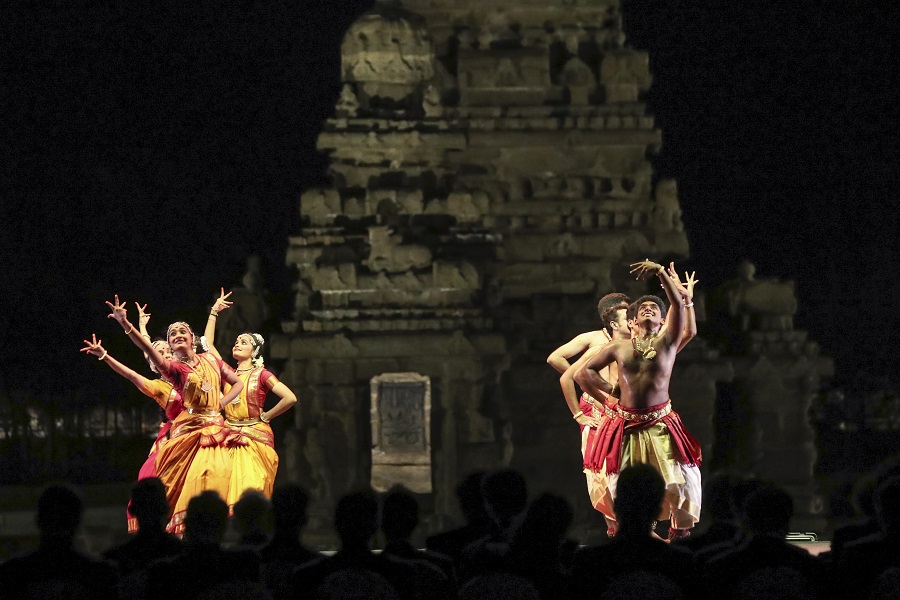
The informal summit between President Xi Jinping and Indian Prime Minister Narendra Modi is helpful in promoting mutual trust, building consensus and setting the direction for bilateral ties, said an Indian expert.
B.R. Deepak, a professor of Chinese and China Studies at Jawaharlal Nehru University's Centre of Chinese and Southeast Asian Studies in New Delhi, said that the Chennai summit in southern India is an indication that both sides have formalized such meetings following a previous summit in Wuhan, Hubei province, last year.
During the Wuhan summit, the two leaders agreed to issue strategic guidance to their militaries to build trust and mutual understanding.
"These informal summits are not limited to discussing bilateral issues alone, but also overall, long-term and strategic issues concerning the future development of India-China relations," Deepak said.
He added that unlike state visits-which involve set agendas, reach outcomes and are marked by joint statements and bilateral agreements-such informal summits lack diplomatic procedures, delegation level talks and preset agendas.
"Therefore, no agreements are signed, no joint statement is issued and there is no news conference, implying that there are no expectations or deliverables on the part of leaders. Hence, they could be said to be at ease during informal summits," Deepak said.
The professor pointed out that such informal summits ensure that the leaders get enough space for one-on-one discussions so that both get to know and understand each other better.
"For example, in Wuhan, Prime Minister Modi and President Xi spent almost 10 hours covering seven events, which included four one-on-one meetings, a stroll, lakeside tea-tasting, a boat ride and a museum tour," he said.
As demonstrated by the Wuhan summit, there has been new momentum in bilateral ties, and both have emphasized that they need to be more considerate of each other's sensitivities, Deepak added.
The professor said that the Chennai summit is going to bring more outcomes of economic cooperation as bilateral trade has increased rapidly in recent years and Chinese investment in India has risen.
Bilateral trade between China and India increased by 13.2 percent to a historical high of $95.54 billion last year, according to the Ministry of Commerce.
"I believe economic cooperation will be the focal point of the second informal summit between Prime Minister Modi and President Xi," he said.
Deepak said Indian products-especially pharmaceuticals-are seeing better market access in China, and the country's marine products, tea, coffee, spices, cotton and fruit, recorded a major jump in trade with China.
In addition to bilateral issues, the two countries are joining hands through various multilateral platforms such as BRICS, the Shanghai Cooperation Organization and the G20 Summit, and have worked together on issues including climate change, he said.
Noting that there remain disagreements between the two sides on such issues as the border and maritime security, Deepak said that the bilateral relationship has matured over time, and both are handling and managing the differences well while expanding their convergences.


















